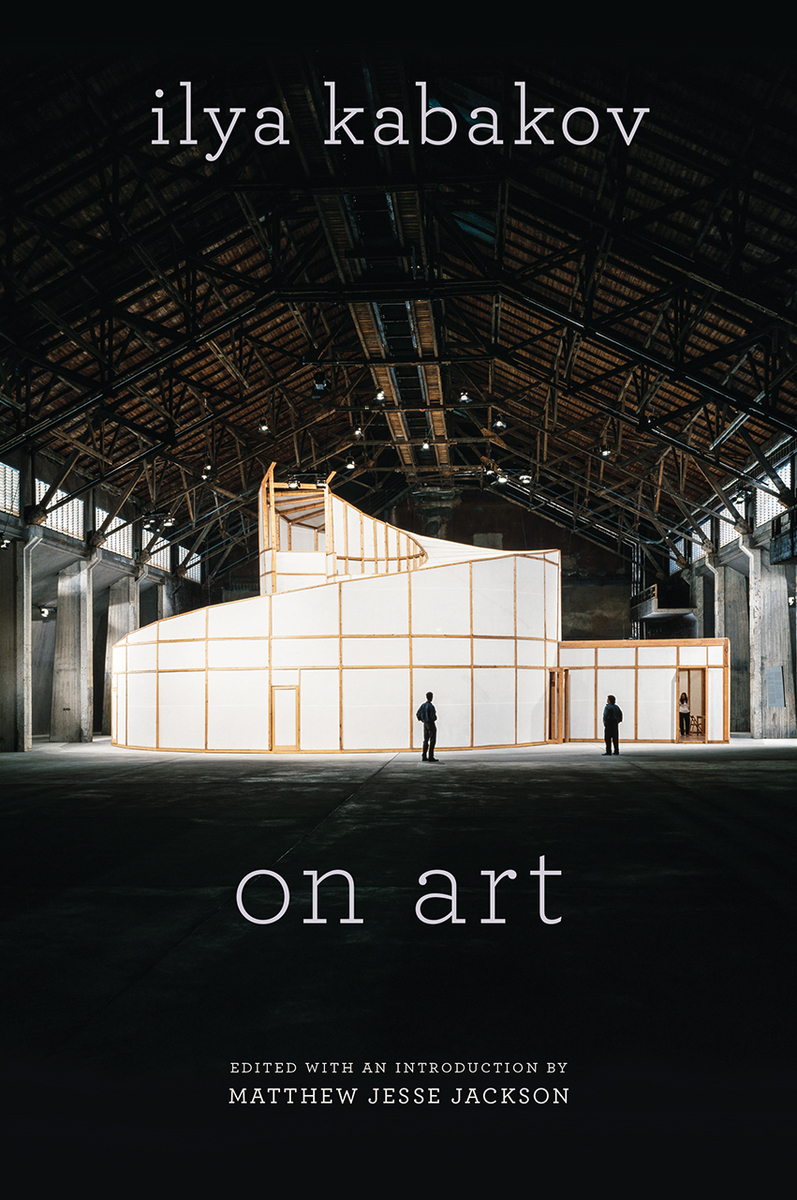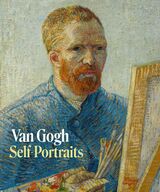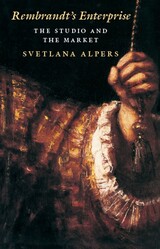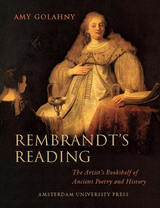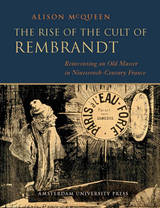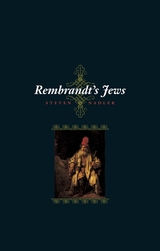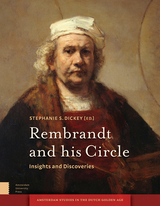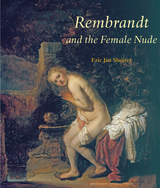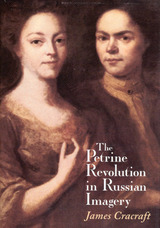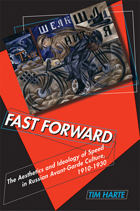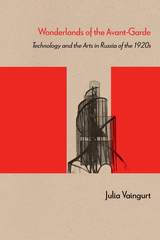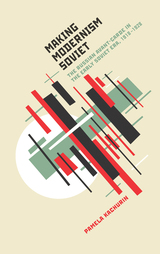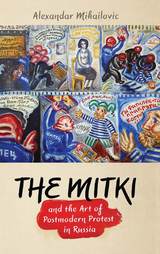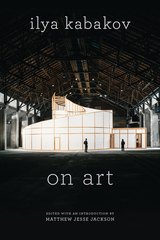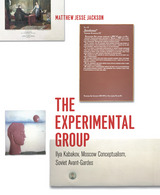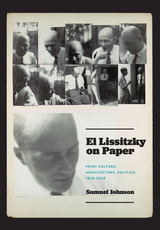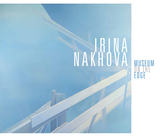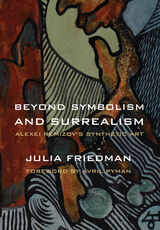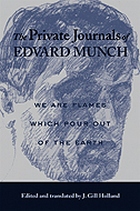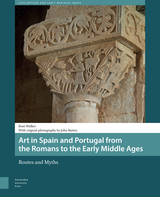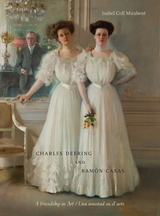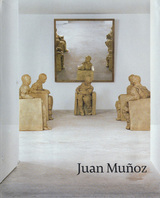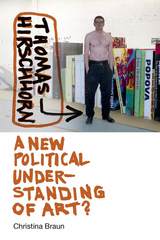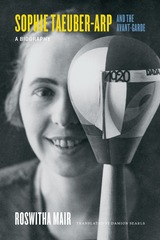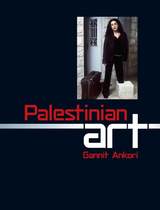On Art
University of Chicago Press, 2018
Paper: 978-0-226-38473-3 | eISBN: 978-0-226-38487-0 | Cloth: 978-0-226-38456-6
Library of Congress Classification N6999.K23A35 2018
Dewey Decimal Classification 709.47
Paper: 978-0-226-38473-3 | eISBN: 978-0-226-38487-0 | Cloth: 978-0-226-38456-6
Library of Congress Classification N6999.K23A35 2018
Dewey Decimal Classification 709.47
ABOUT THIS BOOK | AUTHOR BIOGRAPHY | REVIEWS | TOC | REQUEST ACCESSIBLE FILE
ABOUT THIS BOOK
During the 1960s and 1970s, the Russian conceptual artist Ilya Kabakov was a galvanizing figure in Moscow's underground art community, ultimately gaining international prominence as the “leader” of a band of artists known as the Moscow Conceptual Circle. Throughout this time, he created texts that he would distribute among his friends, and by the late 1990s his written production amounted to hundreds of pages.
Devoted to themes that range from the “cosmism” of pre-Revolutionary Russian modernism to the philosophical implications of Moscow’s garbage, Kabakov’s handmade booklets were typed out on paper, then stapled or sewn together using rough butcher paper for their covers. Among these writings are faux Socialist Realist verses, theoretical explorations, art historical analyses, accompaniments to installation projects, and transcripts of dialogues between the artist and literary theorists, critics, journalists, and other artists.
This volume offers for the first time in English the most significant texts written by Kabakov. The writings have been expressly selected for this English-language volume and there exists no equivalent work in any language.
Devoted to themes that range from the “cosmism” of pre-Revolutionary Russian modernism to the philosophical implications of Moscow’s garbage, Kabakov’s handmade booklets were typed out on paper, then stapled or sewn together using rough butcher paper for their covers. Among these writings are faux Socialist Realist verses, theoretical explorations, art historical analyses, accompaniments to installation projects, and transcripts of dialogues between the artist and literary theorists, critics, journalists, and other artists.
This volume offers for the first time in English the most significant texts written by Kabakov. The writings have been expressly selected for this English-language volume and there exists no equivalent work in any language.
See other books on: Art, Modern | Art, Russian | Conceptualism | Installations (Art) | Jackson, Matthew Jesse
See other titles from University of Chicago Press
